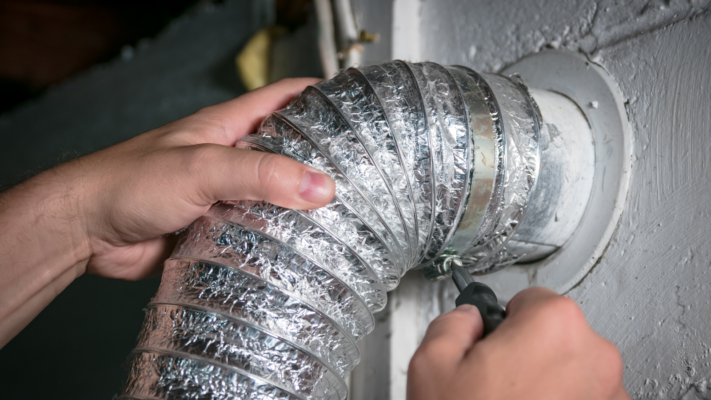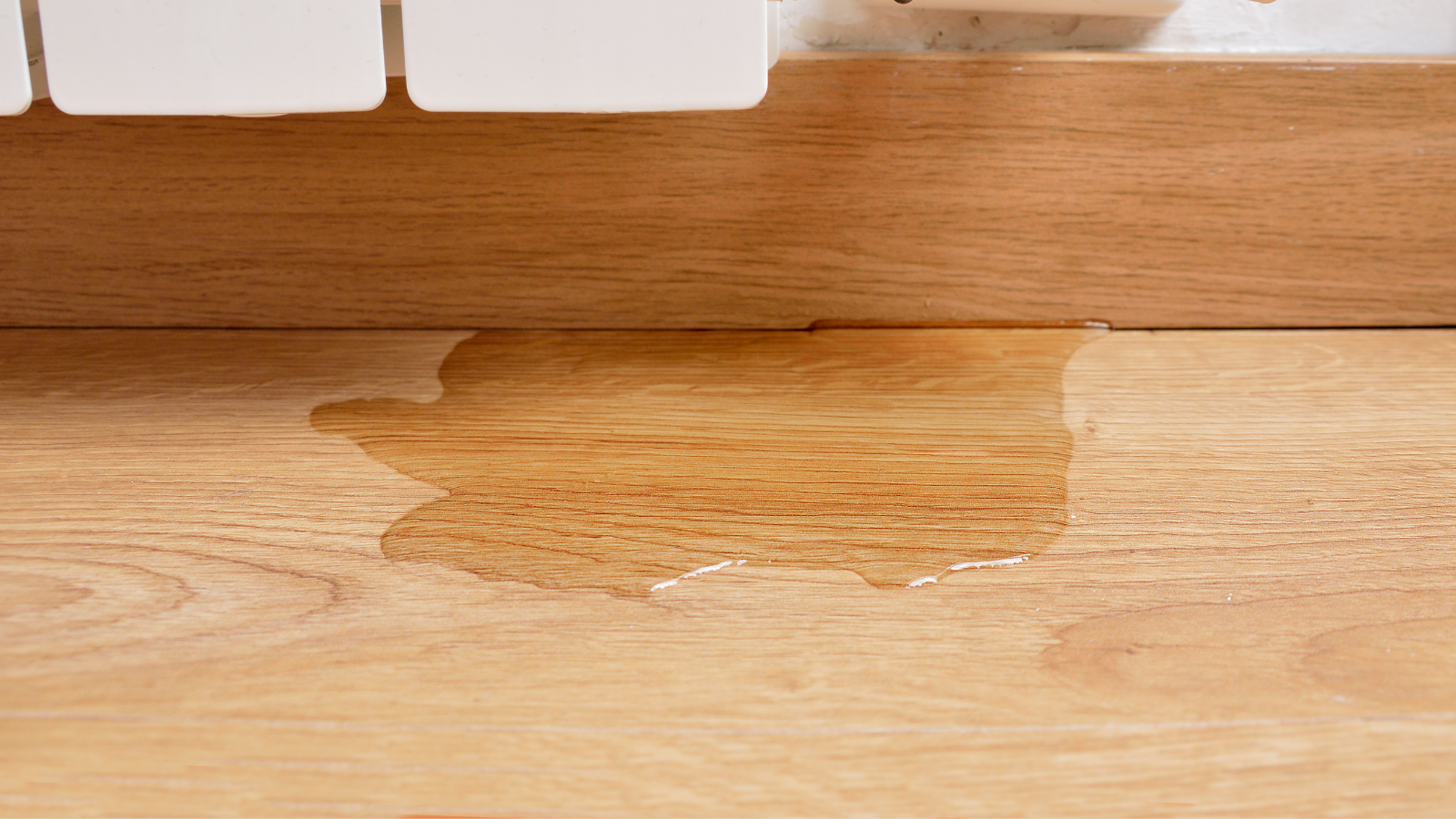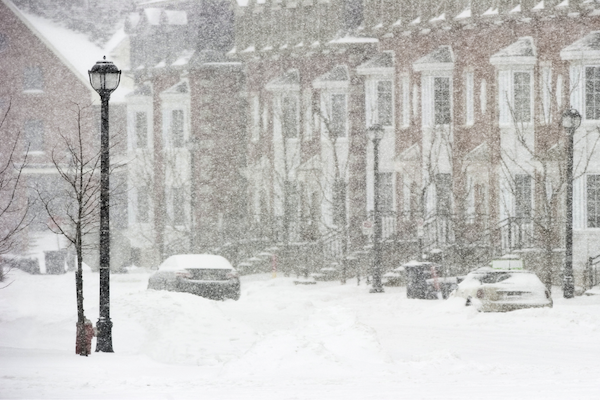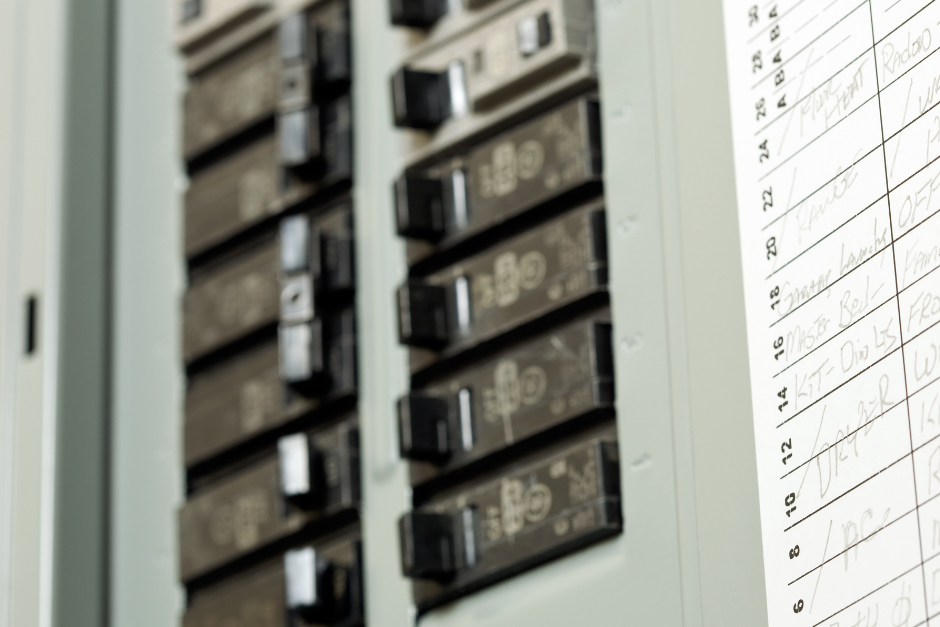If you have noticed condensation on your air ducts it is important to know how to stop it as ductworks sweating can cause serious damage to your HVAC system and home if left unattended. Ductwork condensation is a common issue and is fortunately easy to fix.
A small amount of ductwork sweating is not going to cause irreparable harm. If you start noticing a lot of condensation on your ducts that might be a sign of a bigger issue.
Ductwork sweating can drip onto your home’s insulation which compresses and then lowers its efficiency over time. If ductwork in ceilings become too wet and heavy you may experience ceiling leaks. Ductwork sweating can add excess moisture and increase the humidity levels in your home which can increase mildew and mold growth while excess water can cause damage to structural elements in your home as well.
Common Causes of Condensation on Vents and Ductwork
- Poorly sealed ductwork
- A need for more insulation around your ductwork
- Indoor/Outdoor air temperature variation
- Dirt, algae, or minerals clogging your ductwork or condensate tube
- High humidity levels around ducts and vents
- Air filters that need changing
- A leaky drip tray
- Evaporator coil issues (i.e. freezing to compensate for high outdoor temperatures)
Diagnosing which of these issues is creating condensation is not always clear. Our experts can troubleshoot to determine the root of the issue. Before that happens here are some potential solutions to look at before calling a professional:

DIY Solutions for Condensation on your AC Ducts
-
Check your HVAC filter:
If your filter needs to be replaced, this is an easy fix. Either do so yourself or call us to change it for you. Does your filter need replacing? Learn more here.
-
Adjust your thermostat:
If your thermostat is set to a temperature lower than 20 degrees below the outdoor temperature, your HVAC system cannot run properly. Here are some more tips to minimize strain on your AC unit.
-
Wrap your ductwork:
While we suggest using proper insulation in the long run, wrapping your ducts yourself is an effective temporary solution. Be sure to follow the instructions on the product carefully.
-
Reduce the humidity level:
Using a whole-house dehumidifier or one around your vents and ductwork is helpful for mild instances of condensation.
-
Unblock ducts:
Clean in and around your ducts and remove any items that may be obstructing vents and preventing proper airflow.
If these solutions are not effective, or if you need any assistance implementing them, we are here to help. Your comfort and peace of mind are our top priority.
If you know someone who can benefit from this blog, please share it.
If your question still needs answering or you’d like to schedule a consultation, contact the friendly team at Genove Oil & Air, and we’ll find a solution for your home or business.
Whether you need home heating oil or Bioheat delivery, or installation and service of oil & natural gas systems for HVAC, heating, and cooling—call us at 781-893-9191 or email us.






